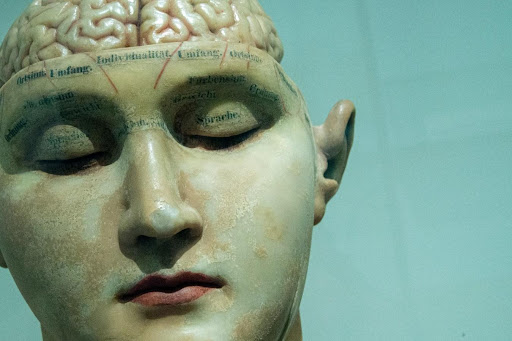Table of Contents
What is a concussion?
A concussion is a type of traumatic brain injury that can cause temporary or permanent symptoms. The most common symptom of concussion is loss of consciousness.
A concussion is a type of traumatic brain injury that can cause temporary or permanent symptoms. The most common symptom of concussion is loss of consciousness. Concussions are caused by a blow to the head, face, neck, or elsewhere on the body with an impact that causes the brain to move rapidly back and forth inside the skull.
There are three types of concussions: mild, moderate, and severe (mild being less than 24 hours without any loss of consciousness).
What Happens to the Brain on a Concussion?
The brain is an organ that has many functions, including memory, thinking, emotion, and social behavior. A concussion can be caused by the forcible acceleration of the head with an external force or by hitting the head against an object. The force causes a sudden deceleration of the brain’s movement within its skull and disrupts normal function in these areas.
The most common symptoms of a concussion are headache, dizziness, confusion, and sleep problems. Other symptoms may include sensitivity to light and sound, nausea, vomiting, and balance problems. After a person has experienced one concussion they are more likely to have another one because their brain is still recovering.
How to Protect Yourself from the Dangers of Concussion
A concussion is a type of brain injury that can be caused by a blow to the head or by shaking. Symptoms can vary depending on how severe the concussion is.
There are different ways to recover from concussions, but the best technique for recovery is rest and time. The body needs time to heal in order to get back to normal.
The best way to protect yourself from getting concussed is to wear protective gear like a helmet, pads, and gloves.
The best technique for concussion recovery: A concussion may be more serious if you have symptoms such as vomiting, confusion, or seizures. If you feel any of these symptoms after a concussion, seek medical attention immediately.
The best way to protect yourself from brain injuries is to stay active and exercise on a regular basis. This will help prevent post-concussion syndrome and other brain injuries from happening in the future.
The Most Common Consequences of Concussion – and How to Minimize Their Impact
Concussions can have long-term effects on the brain and in some cases, they can even result in death. They are often caused by a blow to the head, which can be from a fall, car accident, or sports injury.
Concussions are often caused by an impact on the head. They are typically minor but can be serious. Concussion symptoms can range from a mild headache to loss of consciousness or convulsions. They basically change the brain’s chemistry and affect how the brain works.
While concussions are not always fatal, they can have long-term consequences that could lead to serious health problems. These include mood disorders and learning disabilities, such as dyslexia. and attention deficit disorder. A person who has suffered a concussion may also have an increased risk of death, heart attack, and stroke.
How to Manage Concussions?
Concussions are caused by a blow to the head. They can be mild, moderate, or severe. There is no definite way to know how long a concussion will last.
Symptoms of a concussion:
-
Headache
-
Nausea
-
Dizziness or lightheadedness
-
Fatigue
-
Difficulty concentrating
Mild concussion: If a person has a mild concussion, symptoms will be memory loss, dizziness, and headache. These symptoms should go away in less than two weeks. The person may also experience nausea and fatigue.
Moderate concussion: If a person has a moderate concussion, they will have persistent memory loss and difficulties with concentration. They may experience symptoms of nausea, vomiting, and balance issues.
Severe concussion: If a person has a severe concussion, they will have persistent memory loss and confusion that last for several months. They may experience disorientation and impaired motor coordination. A person who experiences an episode of psychogenic arousal could have suffered a mild to moderate concussion.
The person could suffer from blurred vision, dizziness, and balance issues for a short time. Psychogenic arousal is a type of dissociative disorder characterized by the onset of anxiety-like behaviors that are not related to any external triggers. In severe cases, these behaviors can include fainting and seizures. They are classified as anxiety disorders because the person cannot control the condition.
How Long Does it Take to Recover From a Concussion?
Concussions are serious injuries that should be taken seriously. They can cause a lot of damage to the brain and, in some cases, even death. It can take a few weeks or even months to recover from a concussion and there is no set time frame for recovery.
The recovery process varies depending on the severity of the injury. It can take anywhere between 2 weeks to 3 months or more to recover from a mild concussion while it may take up to 4 years or more to recover from a severe one.
It is important for people who have suffered concussions not to exert themselves too much during their recovery period because they could have prolonged symptoms like headaches and dizziness. If you are from Australia and had suffered a concussion for any reason and are seeking expert legal advice, please don’t hesitate to contact us at: https://candflawyers.com.au/ our legal team will be more than happy to assist you.










